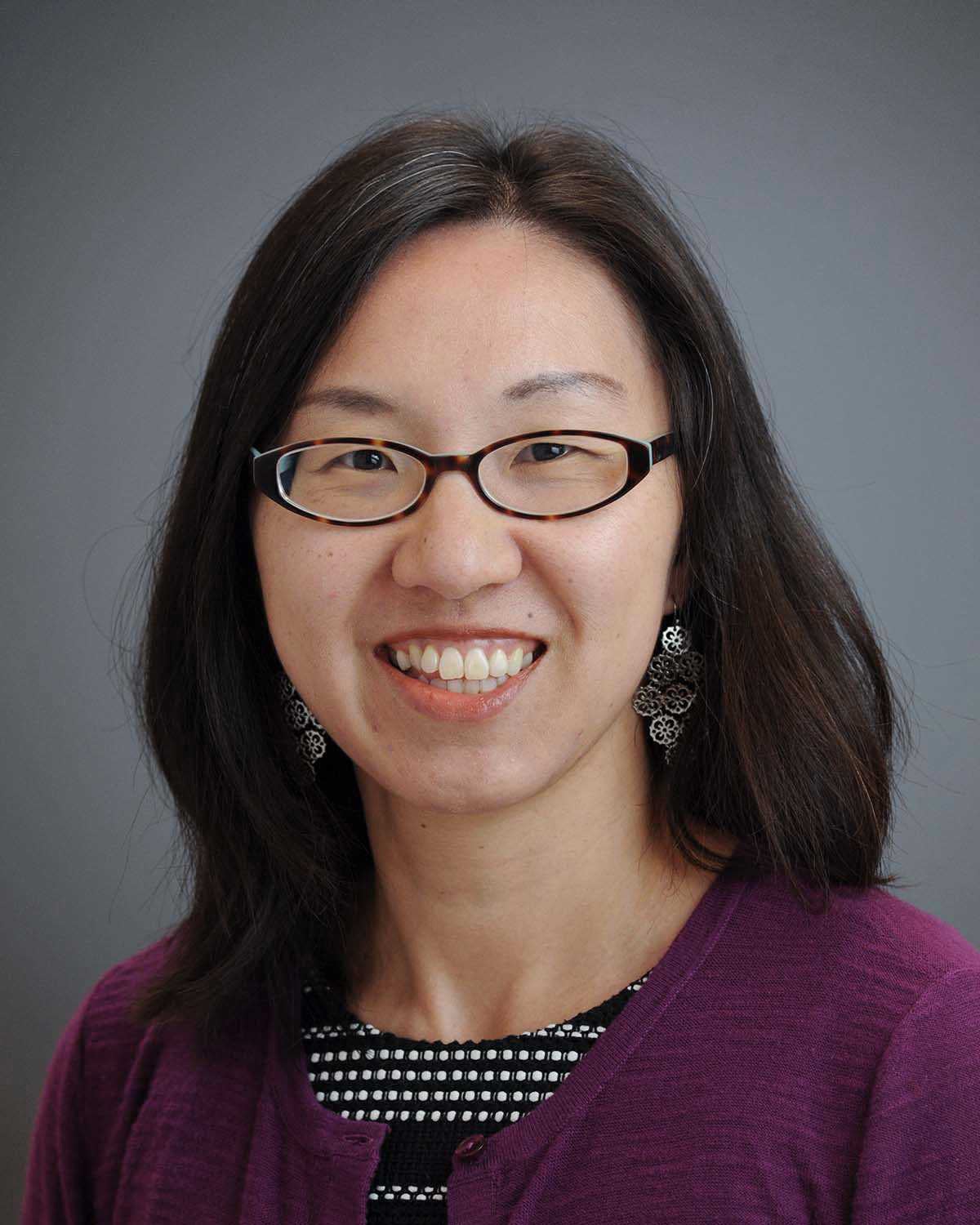Educational leader, culture-setter, community liaison…The role of the principal has become more demanding in the twenty-first century, and principal preparation programs haven’t always been able to keep up. Part of the problem is that it’s rare for university-based programs to work closely with the school districts that hire their graduates. Starting in 2016, seven universities set out to change that as part of the Wallace-funded University Principal Preparation Initiative (UPPI). After year one of the four-year effort, the universities succeeded in forging strong partnerships with districts and other key players—the first step in overhauling their programs and sending out better-prepared principals.
How they did it is the subject of a new report by the RAND Corporation titled Launching a Redesign of University Principal Preparation Programs: Partners Collaborate for Change. We spoke with Elaine Wang, one of the report’s authors, about the challenges and benefits of the collaborative approach.*
 What is the problem that the University Principal Preparation Initiative is seeking to help solve?
What is the problem that the University Principal Preparation Initiative is seeking to help solve?
School district leaders around the country express concern about the quality of candidates applying for principalships. They’re just not ready to step into this important role. This is due in part to shifting (and many would argue increasing) expectations for school leaders. The job of a principal includes establishing a positive school culture, providing instructional leadership, hiring and supporting teachers, managing a budget, ensuring compliance with federal, state and local requirements, developing community partnerships, and the list goes on. Some principal preparation programs have struggled to keep up with the changing expectations and diverse needs of the schools served by their graduates.
Why was it important for the seven participating universities to establish strong working relationships with the school districts that hire their graduates?
UPPI refocuses principal preparation programs so they think of districts, rather than aspiring principals, as their “customers.” District leaders—superintendents, assistant superintendents, talent office directors—understand the skills their principals need to have and the situations they will likely face. By drawing on this knowledge, preparation programs can identify areas for improvement, so they can prepare more effective principals. When the program and district establish a strong working relationship, together they can ensure, for example, that candidates have strong mentor principals or that course instructors have relevant, practical expertise. We’re also beginning to see in some UPPI districts that the collaboration between universities and districts on principal preparation can grow into other mutually beneficial areas, such as preparing teachers to step into leadership positions and providing support after program graduates enter leadership positions.
How did the universities and school districts go about forming and cementing their partnerships?
The universities looked first to engage districts with which they already had a relationship. In some cases, this was a formal relationship—for example to support a district-specific cohort within the larger principal preparation program. In other cases, there were informal relationships because the preparation programs hired district officials as adjunct faculty or districts frequently hired program graduates. Some universities and districts established connections where there were none before.
There were several early activities that helped them build and deepen their partnerships. First, they worked to articulate and agree on what candidates graduating from the program should know and be able to do. For some teams, this was a very intensive process. Having a common objective helped them understand and work with each other even when there was disagreement. Next, they reflected on and identified the strengths and weaknesses of the existing program. Finally, they each developed a logic model to help guide change. This process allowed all voices to be heard, rallied everyone around the same goals, and secured a commitment on everyone’s part to help to reach those goals.
What is the biggest challenge the universities and their partners have faced in redesigning the programming, and how are they tackling it?
Universities and their partners are grappling with how to craft a set of coherent experiences that prepare candidates for an inherently complex job in a wide range of school settings. It’s an ambitious undertaking. For example, the teams used a research-based tool to assess the strengths and weaknesses of their existing programs and identify areas for improvement. They also worked together to develop learning experiences outside of traditional classroom instruction, such as modules linked to field-based experiences and milestone assessments that span multiple courses.
Several UPPI teams were confronted with turnover among the staff working on the initiative, as well as key supporters like university presidents, provosts, deans, and school district superintendents. Some teams prepared for this inevitable turnover by cross-training their staff, so that someone was always prepared to step in when a team member was unavailable. Some relied on strong documentation, to help onboard new team members and organization leaders. In all cases, the university-based project lead took time to brief new team members in order to smooth out the transition.
What has surprised you in your research to date?
One thing that has surprised us also surprised many of the universities and their partners: how much they were able to learn from each other. Because they listened to district leaders, university leaders began to understand that principals—including their own graduates—needed more explicit guidance and practice in areas such as communication and cultural responsiveness. District leaders found that being authentically involved in shaping the principal program caused them to rethink their expectations for their school leaders. We heard repeatedly from district, university and state leaders that working closely with their partners has prompted them to fundamentally retool how principals are developed and supported. The UPPI programs are sharing their experiences, strategies—and in some cases revised syllabi and program materials—with programs across their state and beyond.
*This interview has been edited and condensed.



